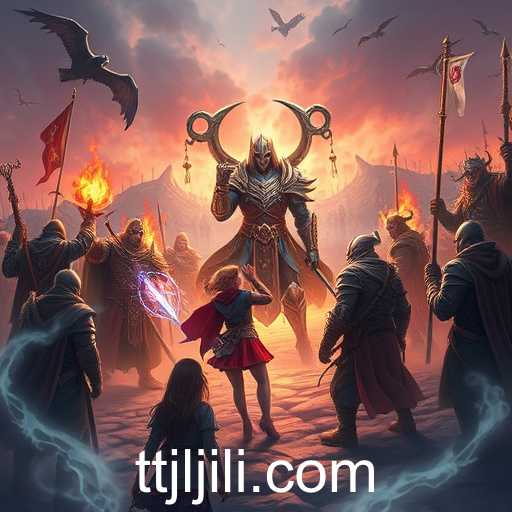In the realm of digital entertainment, MMO (Massively Multiplayer Online) games stand out as a genre that has captivated millions with its unique blend of gaming and social interaction. These games provide a virtual world where players across the globe can come together, compete, collaborate, and embark on epic adventures. Emphasizing social interaction, character development, and expansive world-building, MMOs have carved out a significant niche in the gaming industry.
The term "MMO Games" encompasses a variety of subgenres, including role-playing games (RPGs), first-person shooters (FPS), and real-time strategy games (RTS), each offering distinct experiences. Central to all MMOs, however, is the online multiplayer component that allows thousands to participate concurrently, creating vibrant digital communities. From classics like World of Warcraft and EverQuest to emergent titles such as Black Desert Online and Guild Wars 2, the MMO landscape is diverse, each game offering its own unique universe and player dynamics.
Gameplay in MMOs often revolves around extensive quests, continuous character evolution, and the formation of guilds or clans, where teamwork is pivotal for success. Players invest significant time and effort into honing their skills, customizing avatars, and strategic planning. In MMOs, progression is not merely about beating the game but experiencing it in an ever-evolving context where the world changes based on player interaction and developer updates.
Technological advancements have significantly shaped the MMO experience. Enhanced graphics, sophisticated AI, and powerful servers have transformed these games into visually and technically impressive marvels. Virtual reality (VR) and augmented reality (AR) are poised to further redefine player immersion, bringing unprecedented levels of realism and interactivity to the gameplay.
The community aspect is the heart of MMO games. Forums, fan sites, and streaming platforms facilitate vibrant discussions and shared experiences that transcend the game itself. The ongoing dialogues and user-generated content contribute to each game's lore and culture, making the MMO experience much more than just individual gameplay.
While the social aspect of MMOs is a major draw, it also presents challenges. In-game economies, player moderation, and maintaining respectful environments are critical issues that developers and community managers continuously address. Balancing these elements is vital for long-term player engagement and ensuring a welcoming space for new entrants.
As we look to the future, MMOs are set to continue evolving. Cross-platform play, improved AI storytelling, and integration with emerging technologies will likely redefine the boundaries of what MMO games can achieve. For now, they remain a testament to the power of collaborative play and digital worlds that captivate and connect us.
"TT JL" might not directly appear in discussions about MMO games, but the keywords signify the intricate language and abbreviations prevalent in the gaming world, where short forms and codes often encapsulate larger concepts or niche references. As MMO communities grow and change, so does their vernacular, becoming ever richer and more complex.








